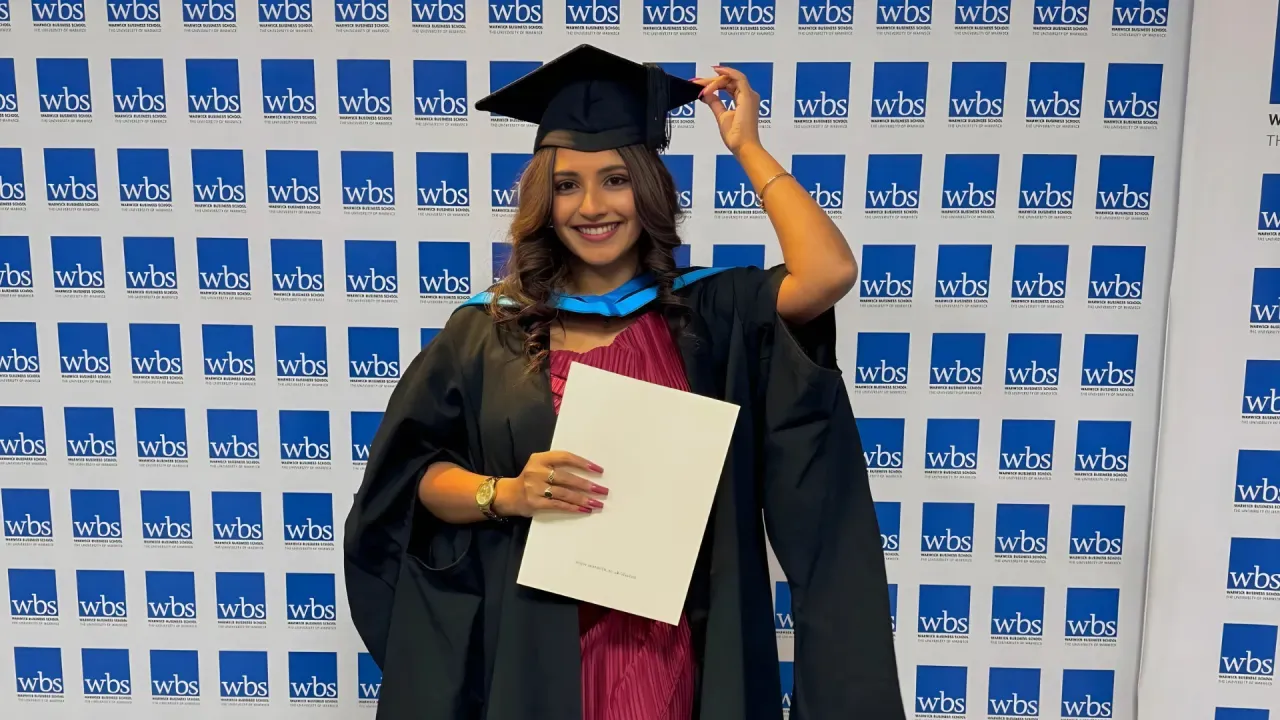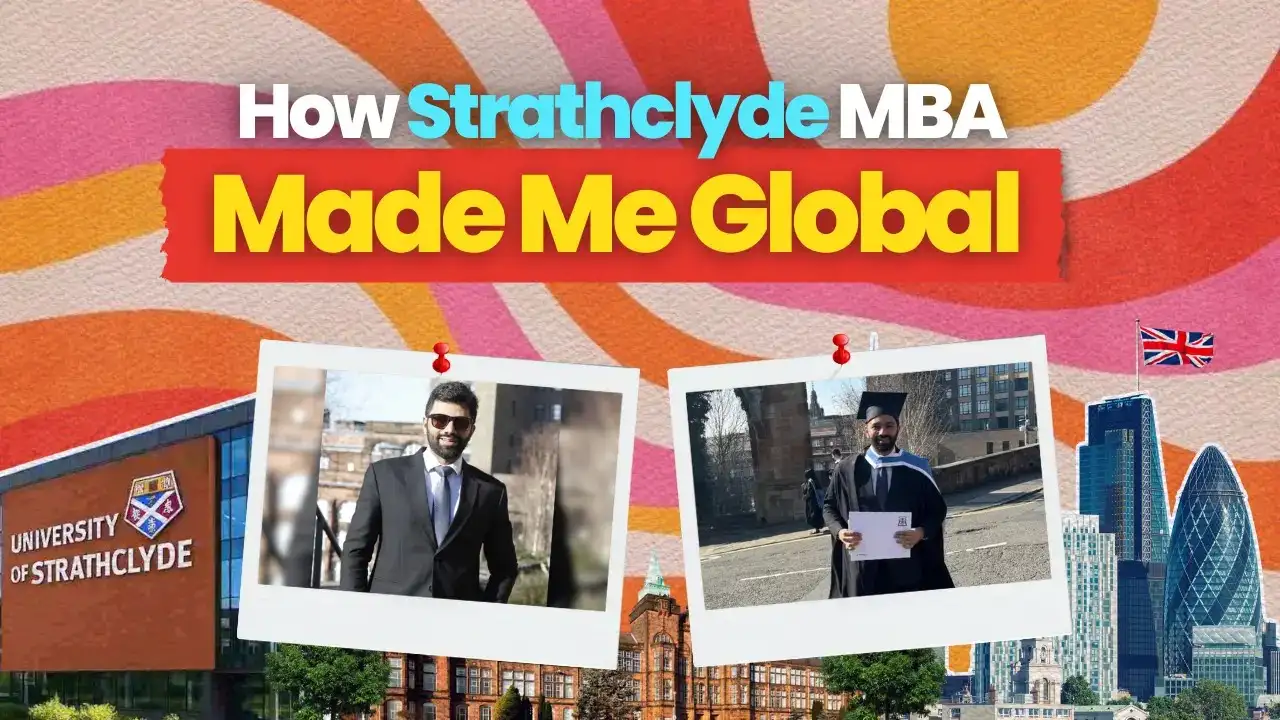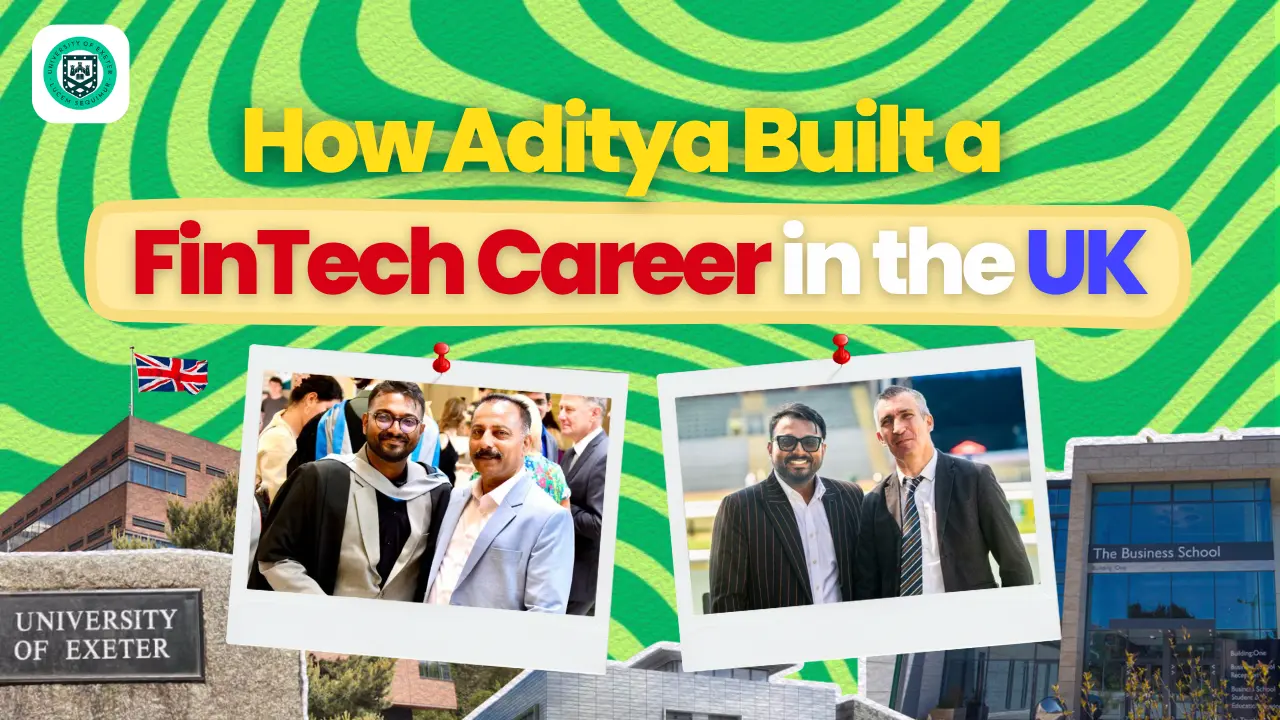Student Reviews
Ritoza’s journey in forensic science and genomics

Ritoza Das is currently working as an Advanced Research Assistant at the Wellcome Sanger Institute , where she focuses on long-read DNA sequencing. A graduate of King's College London with a Master’s in Forensic Science, she previously earned her Bachelor’s degree in Forensic Science (Honours) from Jain (Deemed-to-be University) . Leap spoke to Ritoza to learn more about her research journey in the UK and the experiences that have shaped her path.
Q. Tell us about your background
I am from Kolkata. Growing up there, I was always surrounded by detective stories. It is something deeply rooted in Bengali culture. I used to read a lot of detective books, and that love for mystery stayed with me. Just before my Class 12 board exams, I started watching a show called Forensic Files. At that point, I still wasn’t sure what I wanted to pursue for my bachelor’s, but the show really fascinated me. It made me think, ‘Maybe this is a path I could explore.’
In India, the usual choices are medicine or engineering, but I knew I didn’t want to follow that route. Forensic science felt new, unique, and exciting, and that is what sparked my interest and led me to pursue it.
Q. What do you really do as a genomics scientist? What is your work like?
At King’s, my specialization was in DNA forensics, primarily through my dissertation, and that eventually led me to my current role in genomics. At Sanger, in the Tree of Life programme, our focus is on sequencing all the species in the UK and Ireland, which is around 70,000 species, as part of the Darwin Tree of Life programme. I first joined in 2023 as a Research Assistant and now work as an Advanced Research Assistant.
My work primarily involves DNA library preparation, a process that involves preparing DNA samples for sequencing. We use different sequencing technologies, including long-read sequencing platforms like PacBio and Oxford Nanopore, as well as short-read technologies like Hi-C. The samples come to us from the Tree of Life faculty at Sanger. We extract the DNA, prepare it for sequencing, and then load it onto some of the most advanced sequencers in the world. Once sequenced, the data is sent back to our collaborators, who assemble the whole genomes of those species and make them available in a public database.
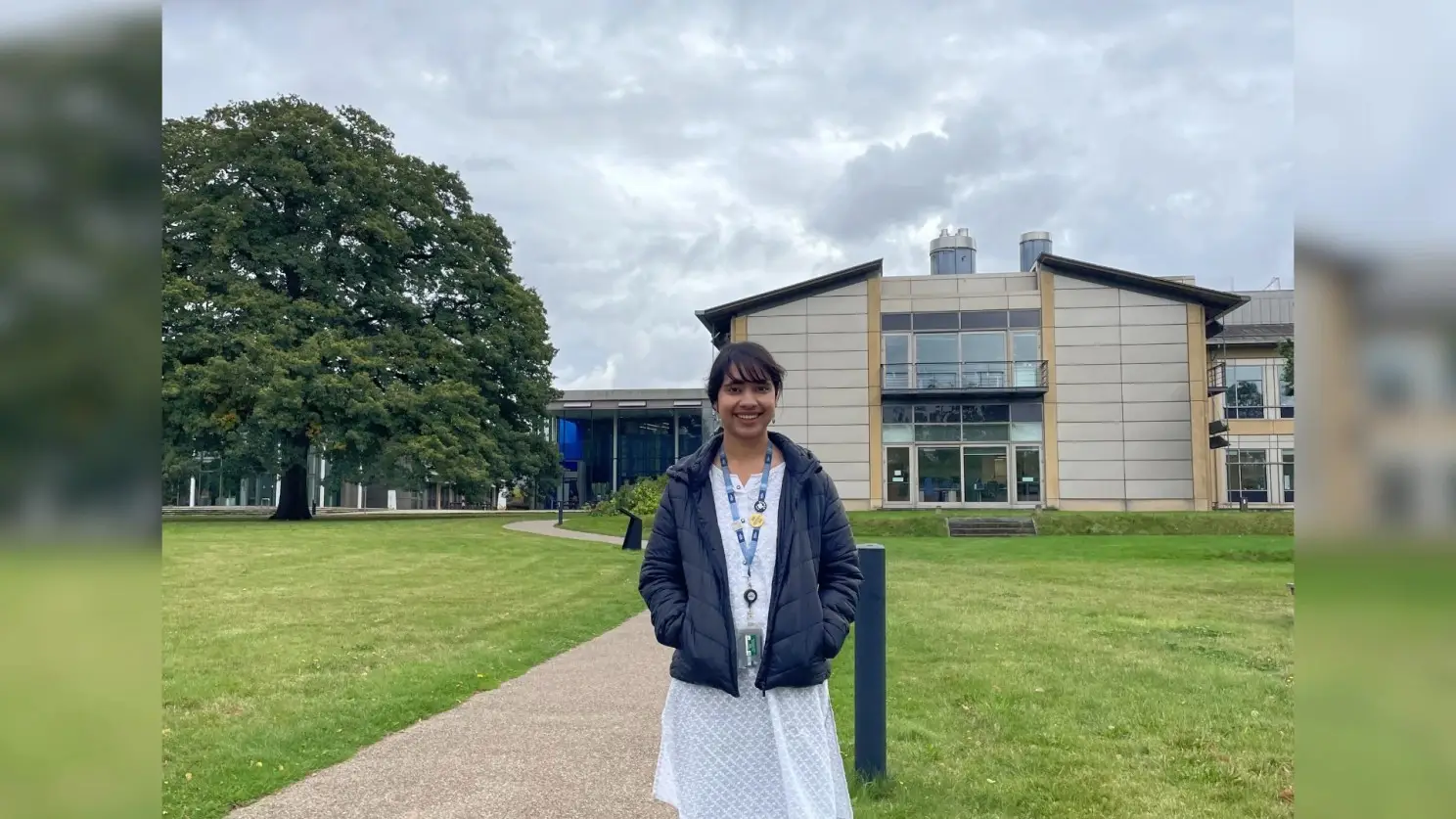
Q. How would you describe your university life?
When I arrived, I experienced quite a bit of cultural shock. Everything was different—the way people lived, socialized, and mainly studied. Academically, it was a big shift. The UK follows a more application-based approach to education, unlike the theoretical focus we’re used to in India. It wasn’t enough to just memorize answers; you had to understand concepts deeply to apply them in exams. The exams were designed to test your thinking, not just recall, and the grading system was significantly tougher. For instance, a 70% in the UK is roughly equivalent to a 90% in India, so achieving distinctions required a lot more effort.
To cope with that, I spent a lot of time in the library. At the master’s level, you really need to dive deep into your subject. Lectures provided a foundation through PPTs, but additional resources, readings, and books were crucial. It was time-intensive, but I actually enjoyed the challenge. It forced me to think critically and apply my knowledge, which I’m grateful for.
If I had to single out one thing I really appreciated about King’s, it would be the lab sessions. They equipped me with practical lab skills that I use in my current job. From handling pipettes to performing gel electrophoresis, the hands-on experience was invaluable. Additionally, the professors were incredibly supportive. During my dissertation, for instance, my supervisors held multiple sessions with me, discussing strategies and guiding me through challenges. The culture at King’s was very welcoming and supportive, no matter where you came from. I really enjoyed my time there.
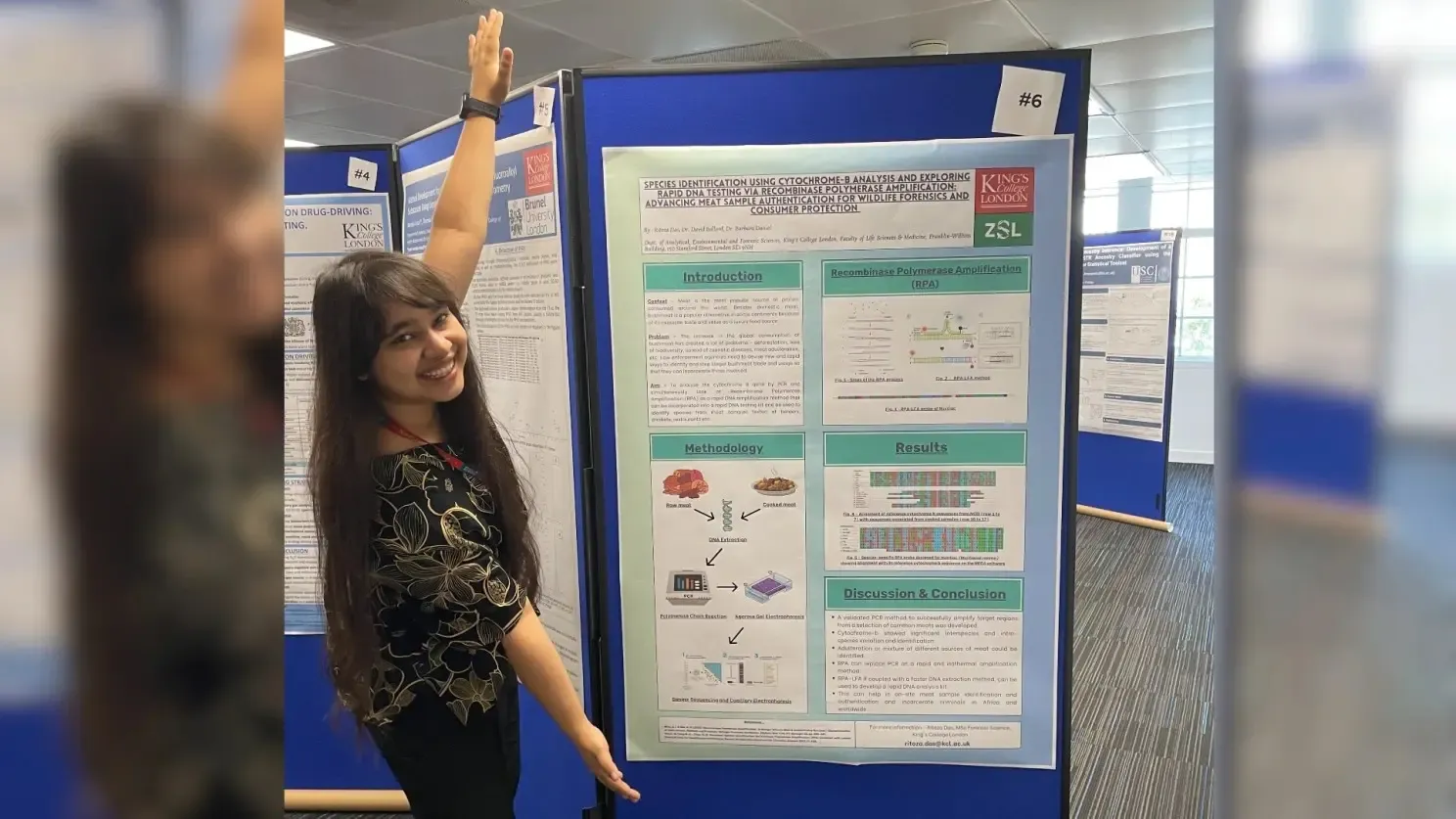
Q. How did you find your research role after graduation?
I actually secured a job even before completing my master’s dissertation. My course was scheduled to end in September 2023, but I began applying as early as January that year. I wanted to give myself enough time rather than waiting until the dissertation was over, because that would have left me with very little breathing room.
I mainly used LinkedIn to apply for roles. I also explored Indeed and sometimes checked Glassdoor to get an idea of company reviews or salary ranges, but LinkedIn was my primary tool. Starting early definitely helped, as I could apply consistently without the pressure of looming deadlines.
Q. Would you have any advice for an Indian student who’s looking to break into your field?
One of the most important things is to filter out companies based on sponsorship. As international students, sponsorship is non-negotiable. You don’t want to get to the final interview stage, have the company like you, and then suddenly realize they don’t sponsor visas. That can be a huge waste of time and effort.
My advice is: do some basic research about the company before applying. Look at whether they’ve sponsored international candidates in the past, and whether their policies align with what you need. That way, you can focus your energy on opportunities that are actually viable.
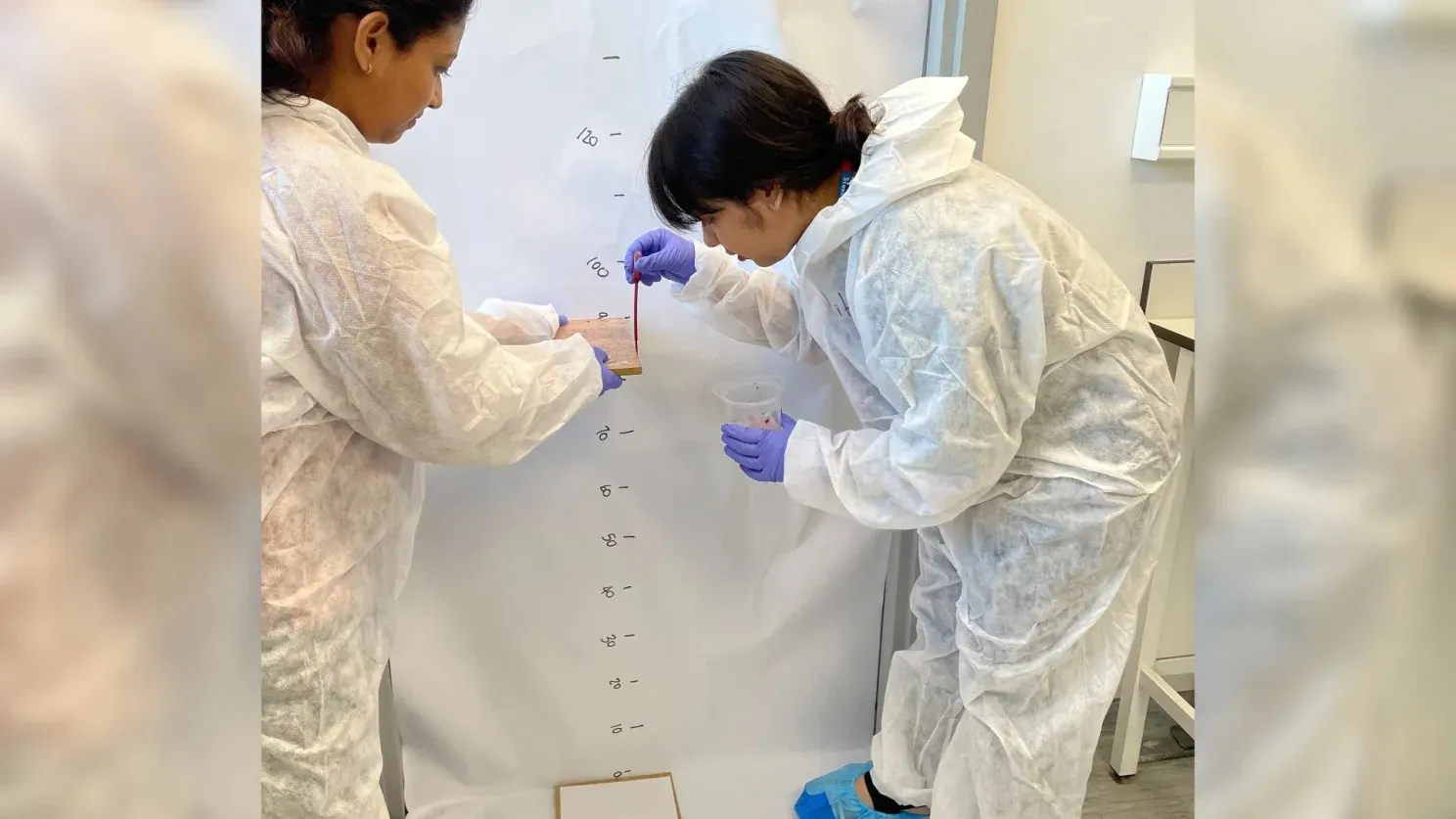
Q. What would you tell your younger self about your journey?
Don’t get disheartened so quickly. I remember there was a phase when I felt really low because I wasn’t getting a job. And I know that’s something a lot of people go through. But I pushed myself to keep going, no matter how many rejections came my way, I just kept applying. That resilience made all the difference.
For students applying right now, I’d say this: yes, it’s tough, but use LinkedIn as your secret weapon. Reach out to HR professionals, recruiters, and people working in roles you aspire to. Even if a company isn’t hiring at the moment, don’t hesitate to send a message. If you’re looking at research-based roles, try cold emailing professors. One message can really open doors.
And most importantly—be curious. I can’t stress that enough. Curiosity is what helped me land my current job. Ask questions, especially in interviews when they say, “Do you have any questions for us?” Don’t stay quiet. The questions you ask show that you’re genuinely interested in the role and in learning more. That curiosity is what sets you apart.
